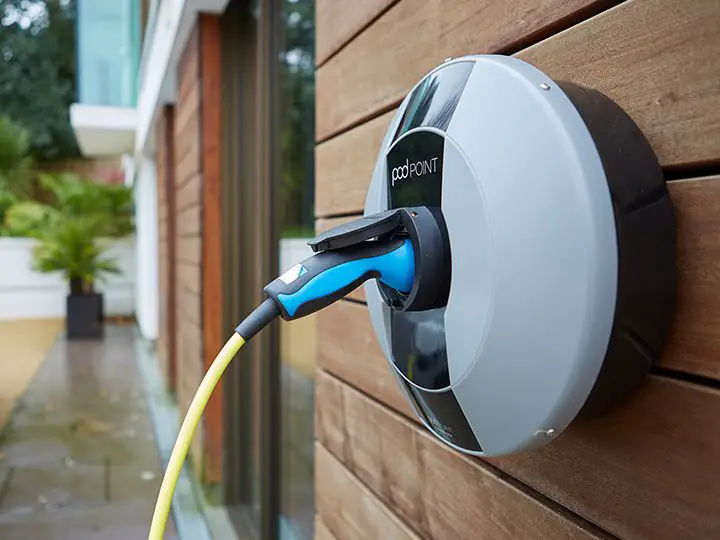
In March, start-up BasiGo became the first company to launch an electric passenger bus in Kenya. The buses, which can travel 250 kilometers on one charge, are assembled locally using parts designed by Chinese car-making giant BYD.
BasiGo co-founder and CEO Jit Bhattacharya told China Dialogue they selected BYD because they are the largest manufacturer of electric buses globally and they are known for battery technology that is state-of-the-art.
As the Kenyan government pushes EVs in the country, Swedish–Kenyan company Roam Motors (formerly Opibus) recently launched its first EV bus and is expanding its presence and sales. In both cases, local actors have teamed up with international partners to find opportunities in the auto market.
Although producing EVs is not without environmental impacts given the effects of mining and processing lithium, nickel, cobalt, and other necessary metals, when it comes to running them, Kenya is well-positioned to have an exceptionally green EV market. In 2020, around 90% of the electricity used in the country was generated from renewables, including hydropower, geothermal, solar PV, and wind. Kenya is targeting 100% clean energy use by 2030.
Geothermal, which is low cost and has low emissions, contributes over 40% of electricity generation in the country. As of 2020, Kenya was the largest geothermal energy producer in Africa, with some 672 megawatts (MW) of capacity.
The Kenyan power sector currently has an installed capacity of 2,991 MW, and peak loads reaching 1,944 MW. Off-peak loads – such as in the evening, when many people would charge their cars – sit at around 1,200 MW. There is therefore plenty of scopes to service the increased electricity consumption that the roll-out of EVs would create, Rosemary Oduor, CEO of national power distribution company Kenya Power.
During off-peak hours, Kenya Power has the capacity to supply electricity for the charging of 50,000 buses and 2 million motorcycles, according to Oduor. The company’s estimates indicate that charging an electric minibus that each day travels 200km and consumes 120 kilowatt-hours (kWh) would cost 2,400 Kenyan shillings (US$21).
As of September 2021, Kenya’s electricity price for households was equivalent to $0.21/kWh. For comparison, Rwanda, another East African country incentivizing EV development, sells electricity to homes for $0.25/kWh.
Presently, South Africa is the largest market for EVs in Africa with about 1,000 in operation this year, out of a total of 12 million automobiles. Kenya has an estimated 350 EVs, out of 2.2 million registered vehicles.
Source:
i) Charles Wachira (2022) Kenya’s electric vehicle market is raring to go.




